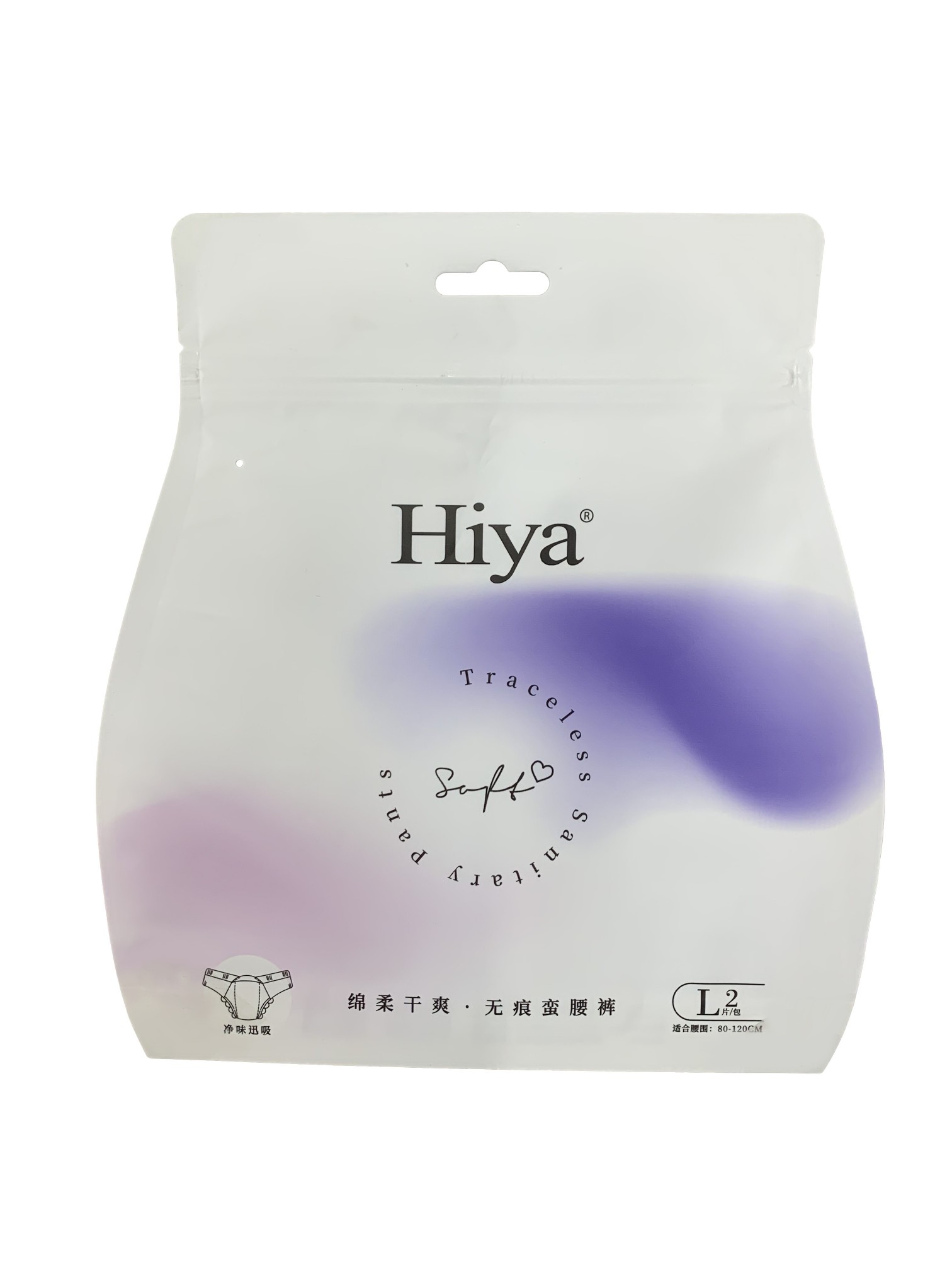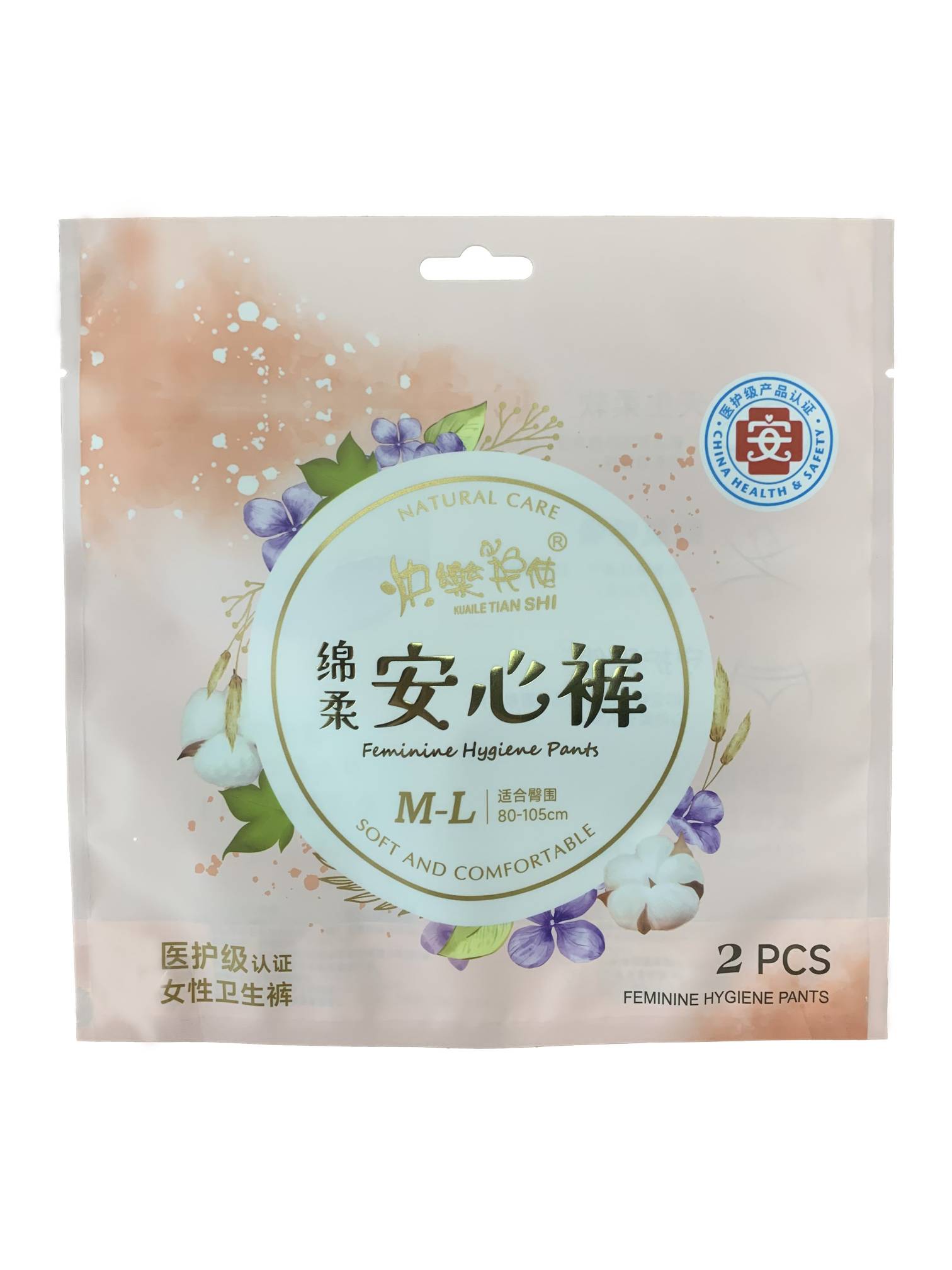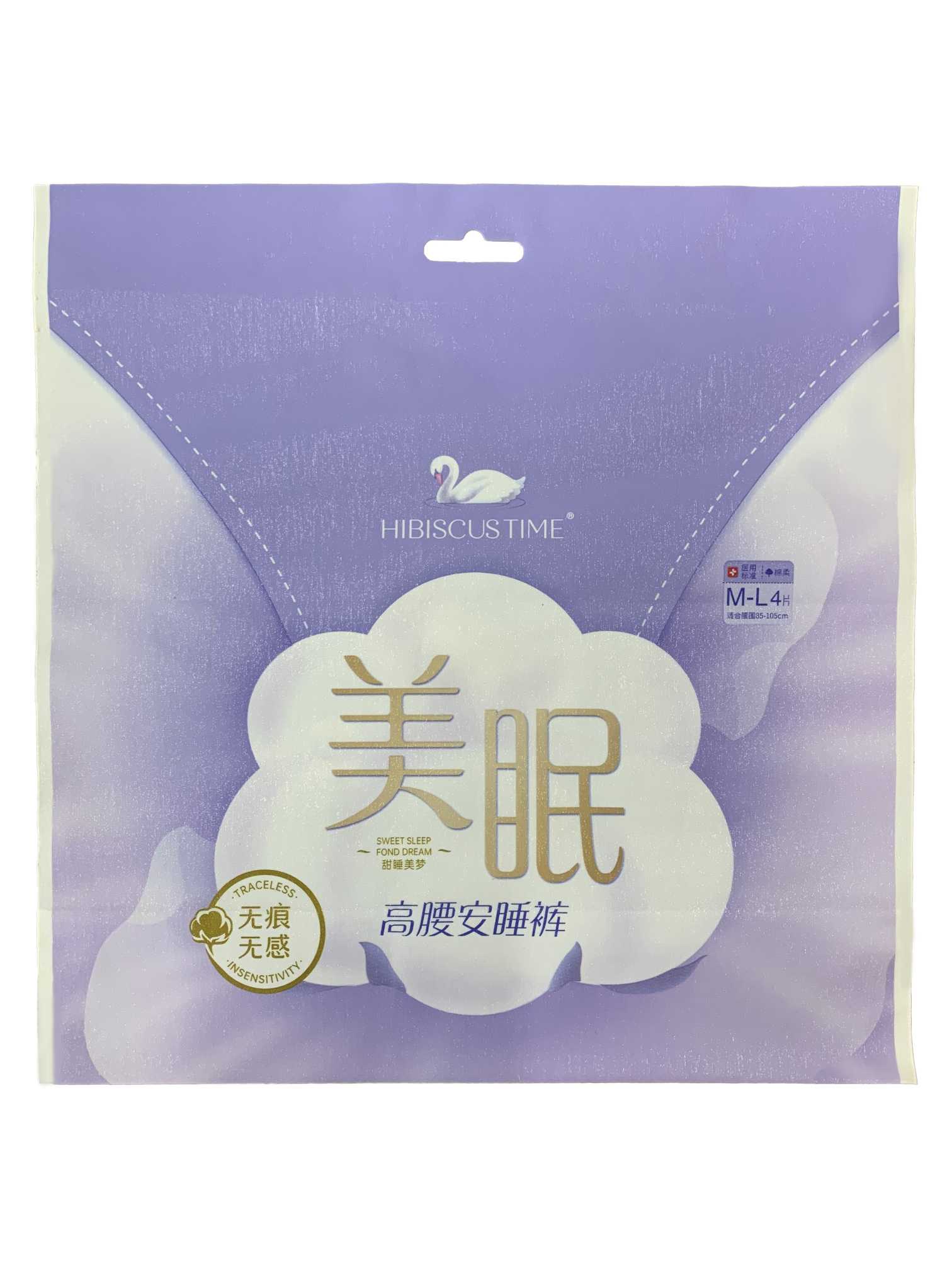Author:Tansox Packaging Poly Bags Manufacturer TIME:2025-04-25
Small resealable plastic bags have become a common packaging solution for various products, ranging from snacks to personal items. As the need for convenient and safe packaging grows, these bags have gained significant popularity. But the question arises: can small resealable plastic bags be used for food packaging? This article explores the pros and cons of using these bags for food storage, the potential risks, and whether they are suitable for different types of food products. We will also look into the environmental impact and the best practices for using resealable plastic bags for food packaging.

Small resealable plastic bags are typically made of materials such as polyethylene or polypropylene. They are designed with a sealable closure mechanism, often a zipper or press-to-seal feature, which allows the bags to be opened and closed multiple times without losing their functionality. These bags are widely used for non-food purposes but have also found a place in food storage due to their convenience and versatility. Their small size makes them ideal for packaging individual servings or smaller quantities of products, including snacks, fruits, and herbs.

There are several benefits to using small resealable plastic bags for food packaging. The first advantage is their convenience. Resealable bags provide easy access to food and help maintain the freshness of the contents for extended periods. They are lightweight, portable, and can be carried easily, making them perfect for on-the-go snacks. Furthermore, the resealable feature allows the bag to be closed tightly, preventing air and moisture from entering, which is critical in preserving food quality.
Another advantage is that these bags are often cost-effective. Compared to other packaging solutions, such as glass containers or vacuum-sealed bags, resealable plastic bags are relatively inexpensive to produce and purchase. This makes them an attractive option for both small businesses and individuals looking for budget-friendly food storage options.

While resealable plastic bags have numerous advantages, there are also potential risks associated with their use in food packaging. One significant concern is the leaching of harmful chemicals from the plastic into the food. Some plastics contain substances such as BPA (Bisphenol A), phthalates, or other plasticizers, which can migrate into food when exposed to heat or certain types of food. These chemicals are known to disrupt the endocrine system and may lead to health problems over time.
Another risk is the possibility of contamination if the bags are not properly sealed or cleaned. If the bags are reused multiple times without proper sanitization, there is a chance that bacteria or mold could develop, which could compromise the safety of the food. It is crucial to ensure that the bags are clean before reuse, especially if they are used for raw food items such as meats or vegetables.
The environmental impact of plastic packaging is a growing concern. Small resealable plastic bags are typically made from petroleum-based materials, which are not biodegradable and contribute to plastic pollution. When not disposed of properly, these bags can end up in landfills or oceans, where they take hundreds of years to break down, harming wildlife and ecosystems. Even though some plastic bags are recyclable, the rate of recycling for plastic packaging remains relatively low.
Consumers and businesses alike are increasingly aware of these environmental concerns, leading to a push for more sustainable packaging alternatives. Many are turning to biodegradable plastics or paper-based bags as more eco-friendly options. However, these alternatives may not offer the same level of durability or resealability as plastic bags, creating a trade-off between environmental impact and functionality.
If small resealable plastic bags are to be used for food packaging, there are certain best practices that can help reduce the associated risks. First, it is important to ensure that the bags are made from food-safe materials. Always check the packaging or product description for information about the safety of the plastic. Ideally, choose bags that are BPA-free and labeled as safe for food use.
Another best practice is to use the bags for short-term storage. While resealable plastic bags are convenient for daily use and short-term food storage, they may not provide the best long-term preservation for all types of food. For long-term storage, consider vacuum-sealed bags or other more protective packaging options that can prevent moisture, air, and contaminants from entering the package.
Additionally, it is important to ensure proper cleaning and sanitization of the bags before reuse. If the bags have previously contained raw or potentially harmful foods, they should be thoroughly washed with hot water and soap before being used again. It is also essential to store the bags in a clean environment to prevent contamination during storage and handling.
Not all foods are ideal for packaging in small resealable plastic bags. For instance, highly perishable items like raw meats, seafood, and dairy products require more robust packaging solutions to maintain freshness and prevent contamination. In contrast, dry foods like chips, crackers, nuts, and certain fruits are perfect candidates for resealable plastic bags. These bags are also suitable for small portions of cereals, trail mixes, or baked goods, where the main concern is keeping the food fresh without exposure to air.
For fruits and vegetables, it is important to consider whether the bag provides adequate ventilation. Some fruits release gases like ethylene, which can cause ripening and spoilage. In these cases, resealable bags with breathable vents may be a better choice. Additionally, when storing dried goods such as herbs or spices, resealable plastic bags offer the advantage of keeping moisture out, thereby preserving the food’s quality for a longer time.
As awareness of plastic waste and environmental sustainability continues to grow, several alternatives to resealable plastic bags are emerging in the market. Some of the most popular alternatives include biodegradable bags, compostable packaging, and reusable silicone bags. These options aim to reduce the environmental impact of single-use plastic and provide a more sustainable approach to food packaging.
Another alternative is glass containers, which offer a reusable, non-toxic, and durable solution for food storage. While glass containers may be bulkier and more expensive than plastic bags, they are highly effective in preserving food freshness and are much more environmentally friendly. Furthermore, many glass containers come with tight-sealing lids, ensuring that food remains secure and protected.
In conclusion, small resealable plastic bags can be a convenient and cost-effective option for food packaging, especially for short-term storage of dry and non-perishable items. However, their potential risks, including chemical leaching and environmental impact, should not be overlooked. To mitigate these risks, it is important to use food-safe bags, practice proper cleaning and storage, and consider the type of food being packaged. Additionally, with the growing demand for sustainable packaging solutions, it is essential to explore alternatives that offer the same convenience and functionality without compromising the environment. Ultimately, small resealable plastic bags can be useful for food packaging, but careful consideration of their limitations and best practices is necessary to ensure food safety and sustainability.